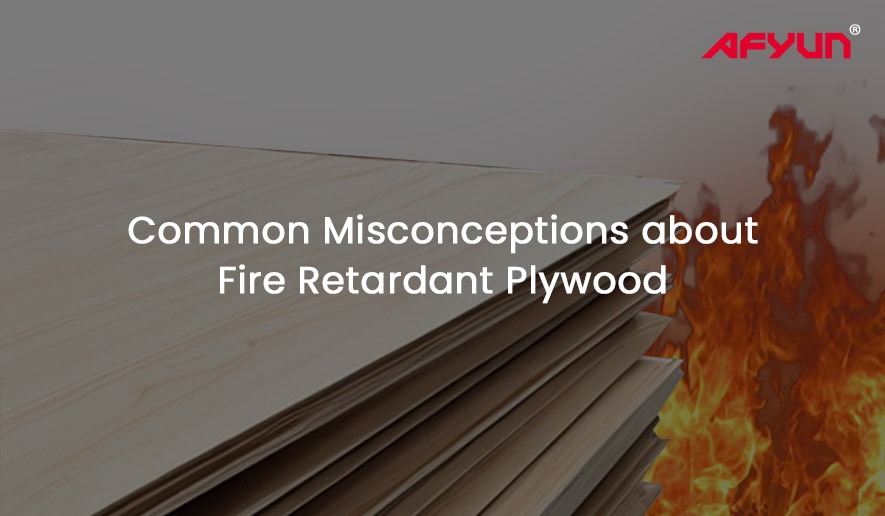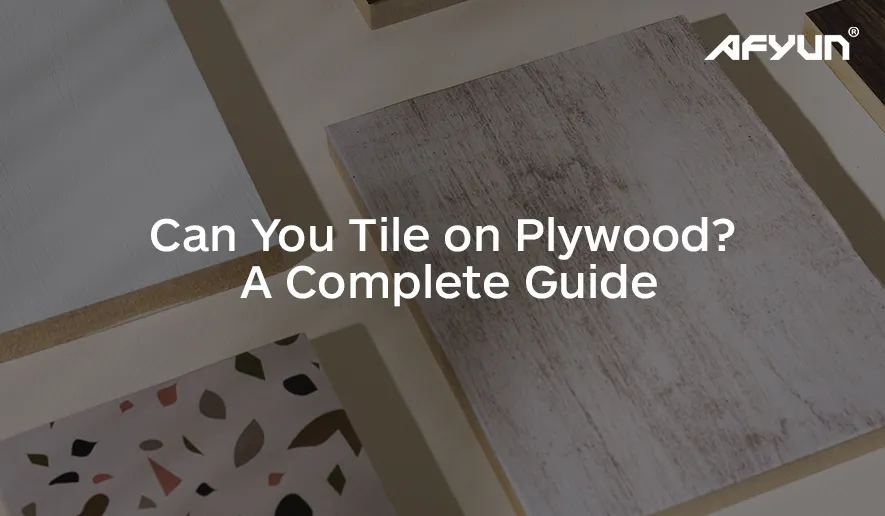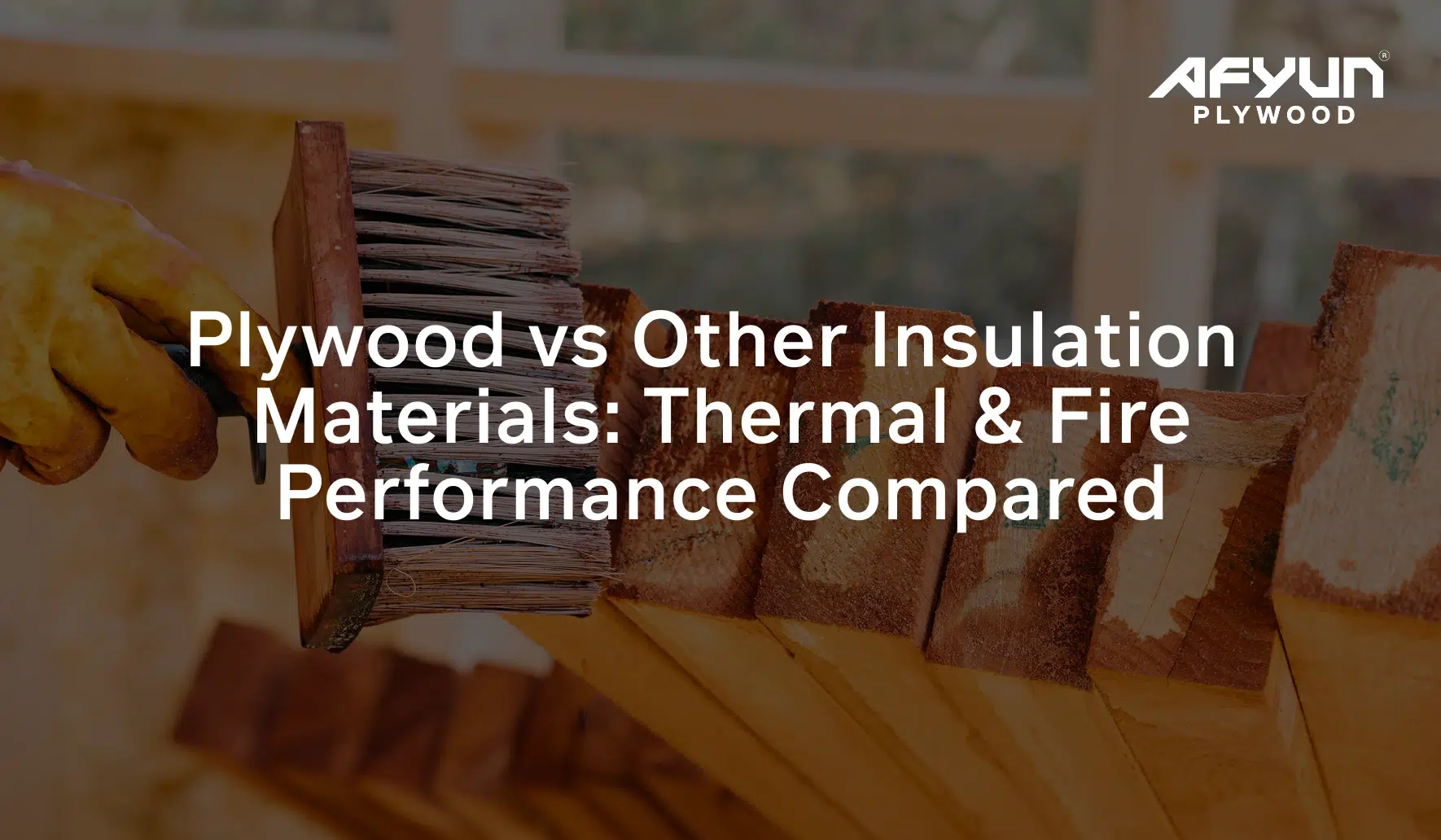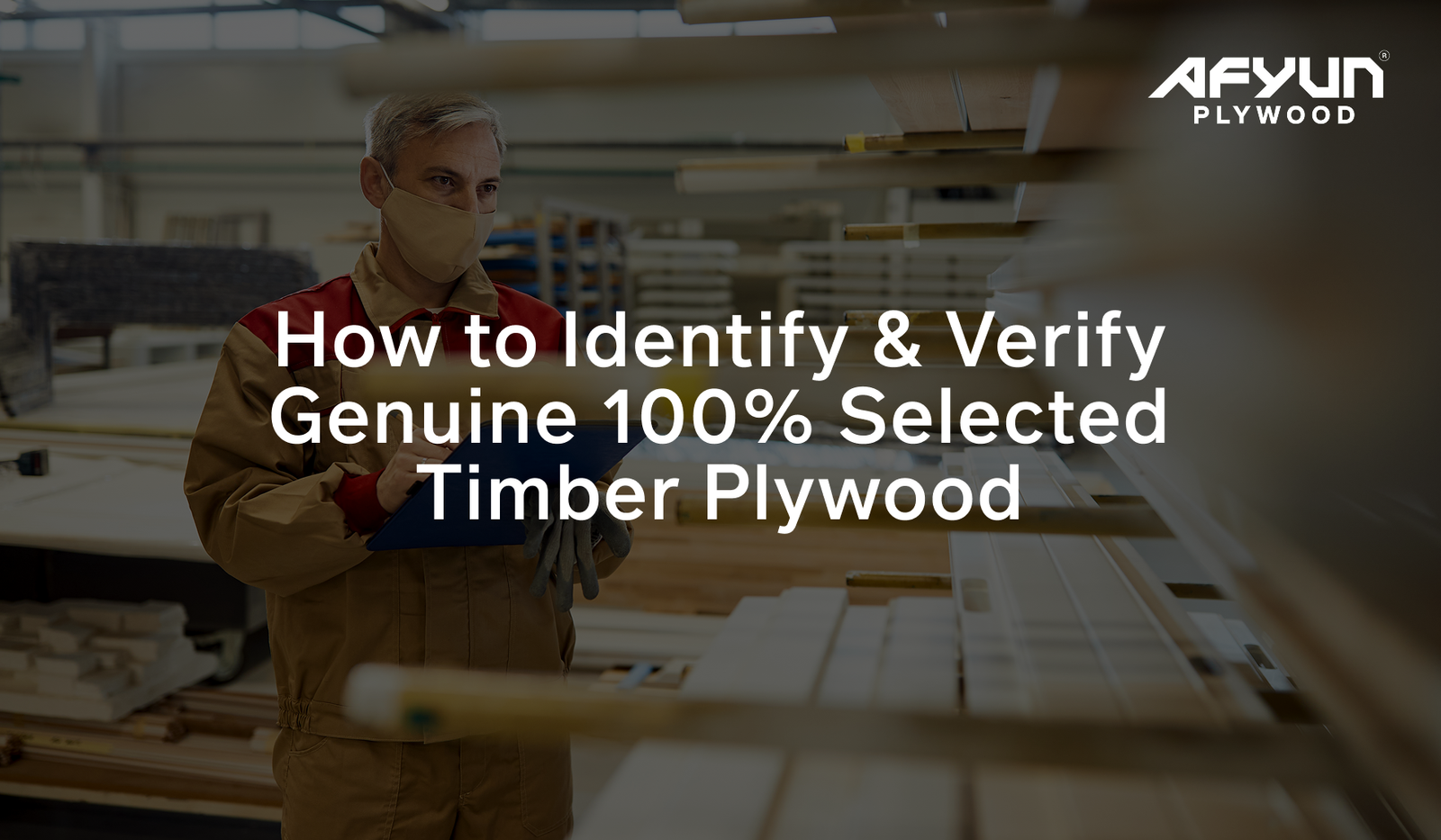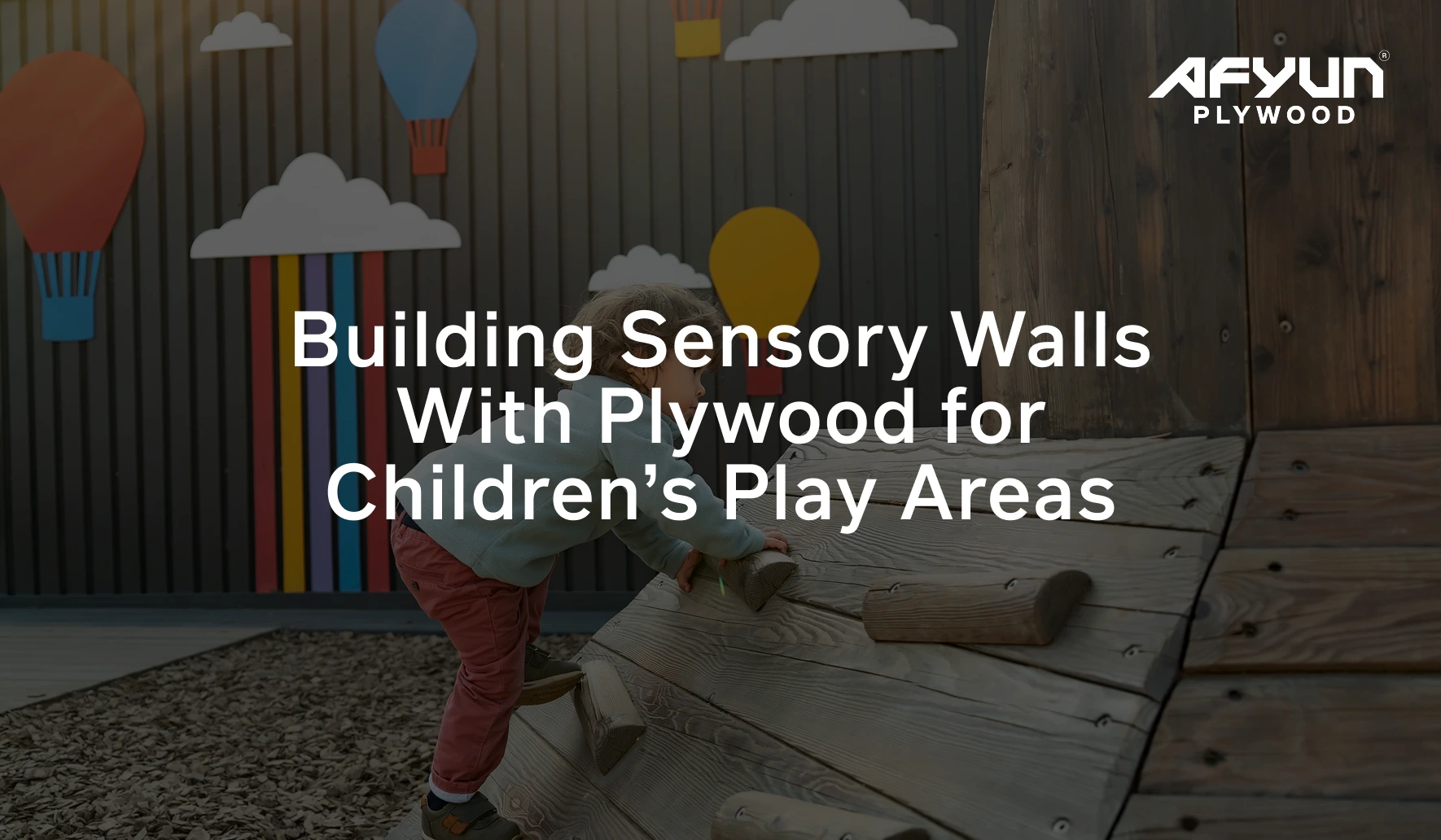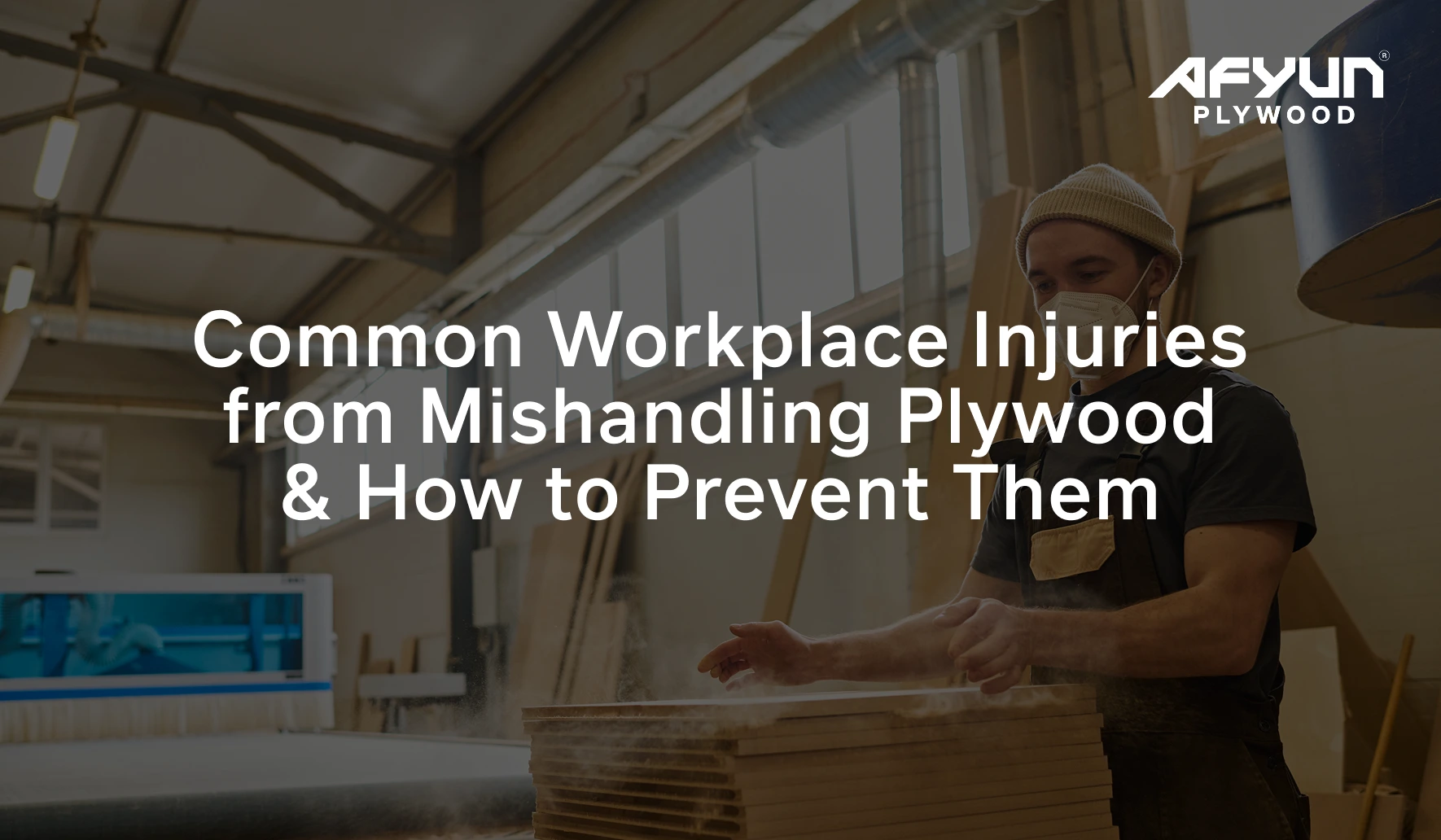Thinking of building our dream homes or modern office spaces, aesthetics often become the heart of every discussion. The texture of wood finishes, the elegance of veneers, the harmony of colours and the finesse of detailing all come together to create spaces that feel personal, luxurious and timeless.
Often hidden behind those beautiful veneers, there is a fighter we often forget but could quite literally save your life: fire retardant plywoods.
Despite its life-saving potential, many builders and homeowners shy away from it due to lingering myths and a lack of information.
If you’ve been sticking to regular plywood because of what you’ve heard, you might be leaving your property vulnerable.
Let’s dive deep into the science, debunk the misconceptions, and look at why this material is the gold standard for safety-conscious construction.
The Science of Survival: How It Works
Fire retardant plywood isn’t just “wood that doesn’t burn.” It is a highly engineered product. During manufacturing, the wood veneers are pressure-treated with specialized chemicals that penetrate deep into the fibers.
When this plywood is exposed to extreme heat, a chemical reaction occurs:
- Char Formation: Instead of bursting into flames, the surface turns into a layer of carbon char.
- Insulation: This char acts as an insulating barrier, protecting the inner layers of the wood and maintaining structural integrity.
- Smoke Suppression: High-quality fire retardant plywood is designed to minimize smoke production—critical since smoke inhalation is often more dangerous than the flames themselves.
Debunking the Myths: Separating Fact from Fiction
1. Myth: Fire Retardant Plywood is “Fireproof”
The Reality: In the world of physics, almost everything will burn if the temperature is high enough. Fire retardant plywood is designed to be self-extinguishing. In a standard fire, regular plywood acts as fuel. Fire retardant plywood does the opposite—it resists ignition and slows the flame spread to a snail’s pace, providing vital extra minutes for evacuation.
2. Myth: The Chemicals Used are Toxic and Harmful
The Reality: Modern manufacturing—especially the standards followed by Afyun Plywood, has revolutionized this. Today’s fire retardant plywood is engineered to be Low VOC (Volatile Organic Compounds). These chemicals are stable and safe for use in bedrooms and kitchens without compromising your indoor air quality.
3. Myth: It Requires Specialized Tools and Handling
The Reality: There is a misconception that treated wood is brittle or ruins saw blades. While the chemical salts make the wood slightly denser, it can be cut, routed, and fastened using standard carbide-tipped tools. It behaves just like any other high-end plywood during the construction process.
4. Myth: It’s an Unnecessary Expense
The Reality: Look at the Long-Term Value. Many insurance companies offer lower rates for buildings constructed with fire-rated materials. Furthermore, it often meets building codes that would otherwise require expensive sprinkler retrofitting. It’s an investment in “preventative insurance.”
5. Myth: You Can’t Paint, Polish, or Laminate It
The Reality: Some believe the chemical treatment prevents adhesives or paints from sticking. While the salt content in low-quality boards can occasionally cause issues, premium fire retardant plywood is designed to be finish-friendly. As long as the wood is dry, you can apply laminates and veneers just as you would with regular plywood.
6. Myth: It Corrodes Metal Fasteners Over Time
The Reality: This myth stems from older “acid-based” treatments from decades ago. Modern fire retardant chemicals are formulated to be non-corrosive. In a standard dry indoor environment, your screws, nails, and hinges are perfectly safe from premature rusting.
7. Myth: It Loses Its Effectiveness After a Few Years
The Reality: Fire retardant chemicals are pressure-impregnated deep into the wood cells, not just sprayed on the surface. Unless the plywood is repeatedly soaked in water (which leaches the chemicals out), the fire-resistant properties remain active for the entire lifespan of the furniture or structure.
Comparison: Regular vs. Fire Retardant Plywood
| Feature | Regular Plywood | Fire Retardant Plywood |
| Ignition Speed | Rapid | Very Slow / Delayed |
| Flame Spread | Contributes as fuel | Resists and self-extinguishes |
| Smoke Emission | High / Thick / Toxic | Significantly Reduced |
| Structural Integrity | Collapses quickly in heat | Holds shape longer |
| Best Use | General Furniture | Kitchens, High-rises, Offices |
Frequently Asked Questions (FAQ)
Q: Is fire retardant plywood waterproof?
A: Not inherently. While some boards have moisture resistance, fire retardant chemicals are generally water-soluble. For kitchens or bathrooms, look for Afyun Marine Plywood that also carries a fire-rated certification.
Q: How can I tell if my plywood is actually fire retardant?
A: Look for the IS:5509 mark (the Indian standard for fire retardant plywood). Genuine boards will have the certification and the manufacturer’s name clearly printed on every sheet.
Q: Is it safe for homes with pets and children?
A: Yes. Once the manufacturing process is complete and the board is sealed within your furniture or walls, it poses no risk to health or safety.
Secure Your Future with Afyun Plywood
Safety should never be an afterthought. We provide the foundation for a secure lifestyle. Our fire retardant plywood is manufactured using cutting-edge technology to ensure your interiors are as safe as they are beautiful.
Explore our full range of premium solutions:
- Fire Retardant Plywood: The ultimate safety choice for every home.
- Calibrated Plywood: For a perfectly smooth, uniform finish.
- Zero Emission Plywood: For the healthiest indoor air quality.
- Marine Plywood (BWP): 100% waterproof for high-moisture areas.
- Gurjan Plywood: Exceptional strength for heavy-duty applications.
Is your current construction project protected against the unexpected? Contact Afyun Plywood today for a consultation and ensure your home is built to last and protect.
